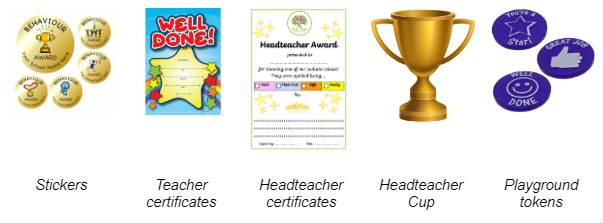Behaviour
At Gray’s Farm we work hard to create calm, safe and supportive learning environments for our children so that they can thrive and be successful.
We set our expectations high and expect our children to work hard and behave positively, in a respectful manner within our school community. Our four cultural values (Be Kind, Be Safe, Be Ready and Be Your Best) underpin our consistent and fair approach to behaviour - helping our children to grow into responsible, well-rounded individuals.

As a school, we appreciate the importance of positivity, calmness, consistency and transparency. We encourage our children to be accountable for their behaviour and take ownership of their choices; appreciating how their tone, demeanour and body language can impact their responses. Our staff understand the importance of being positive role models and openly naming different behaviours by utilising ‘The Zones of Regulation’ boards to help our children acknowledge how they are feeling; recognise factors that impact and alter their mood and explore strategies to help them regulate affectively.
We have worked hard within our community on the children doing the right thing because they know it’s the right thing to do. As a result of this we have minimised the amount of extrinsic rewards that we give out however we do still believe there is a time and a place for these rewards. Within the classroom, teaching staff use a Zone Board to promote good behaviour and challenge unwanted behaviours. The Zone board offers opportunities for reward and sanction.
Examples of reward include: verbal praise, class based rewards (stickers, certificates, class clap), Headteacher’s certificates and the Headteacher’s Cup which is issued to someone in each year group, each week for excellent attitudes to learning. On the playground, during recreational time, children earn playground points when actively demonstrating our four core values.

Where the children are unable to follow our behaviour expectations, this may lead to sanctions being put in place. The nature of the sanction is dependent on the behaviour type - the more serious the behaviour the more significant the sanction is likely to be. When considering sanctions, the child’s age and any SEMH needs will be considered. Undesirable behaviours may be corrected in a number of ways including: verbal warnings; time-out to reflect on wrong choices; time in a different classroom to reflect and regulate; sent to a member of SLT (Senior Leadership Team); detentions; placed on report and in some cases - internal/external exclusion. With any sanction, staff work with the child to reflect on their choices; consider the impact on others and explore alternative approaches they could have used.to prevent such behaviours from happening again.
Promoting good behaviour choices is something that we are all responsible for and it is paramount that staff, students and parents/carers work together to maintain the high expectations we strive for. Communication between school and home is fundamental if our children are going to succeed: work in partnership with us and celebrate your child’s successes when they happen; reinforce our behaviour expectations when necessary and talk to your child about their choices - helping them to be the best version of themselves and one we can all be proud of.